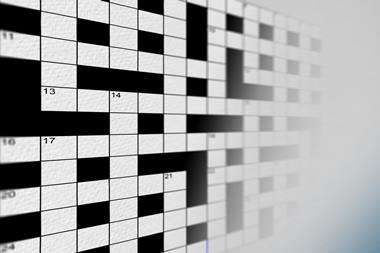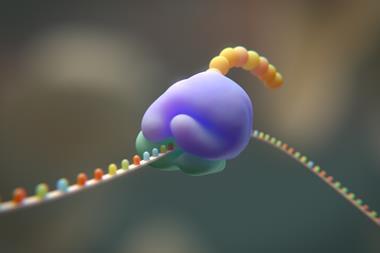Quirkology: the curious science of everyday lives
Quirkology: the curious science of everyday lives
Richard Wiseman
London, UK: Macmillan 2007 | 299pp | ?14.99 (HB), ?9.99 (SB) ISBN 9780330448123 (HB) ISBN 9780230702158 (SB)
Reviewed by Richard Van Noorden
When Richard Wiseman was a psychology undergraduate, he tells us, he stood for hours in London’s King’s Cross train station looking for re-united lovers locked in passionate embrace. ’Excuse me,’ he’d ask them, triggering a hidden stopwatch, ’do you mind taking part in a psychology experiment? How many seconds have passed since I just said "Excuse me"?’ Conclusion of experiment: people massively underestimate the passing of time when they are in love.
Hundreds of vignettes like these are frothed into Wiseman’s look at the quirky side of human behaviour - the academic study of which he’s termed Quirkology.Wiseman parades a gallery of innovative psychology, the products of ’behavioural scientists misbehaving,’ as he puts it. Is there a foolproof way to spot if someone’s lying? What is the funniest joke in the world? What does horn-honking when stuck behind cars stationary at a green light tell us about altruism? Are suicide rates related to the amount of country music played on national radio - and what does that tell you, anyway? Culled from the back catalogues of social psychology journals and filtered through a journalistic selection process, there is almost nothing in this book that won’t start conversations at dinner parties or while away a dull train journey.
The book has been described as ’viral’ science: findings that you just have to tell other people once you’ve heard about them. Wiseman is an enthusiastic guide, whose writing sparkles and entertains as he tours through a razzmatazz of offbeat studies. At times the style can irritate as he bounces through his topics, leaving readers’ questions to fall between the lines. But Wiseman is an academic, not a journalist, at heart: he stresses that researchers’ methods of enquiry are just as interesting as the psychological conclusions they can draw, and gives full references to all relevant papers in a comprehensive index. Much of the content is expanded in videos and experiments online.
Quirkology makes a perfect stocking-filler, adding a pinch of intriguing science to any Christmas. The festive season itself is ripe for quirkologists, by the way. Have you heard about the study that found drawings of Santa Claus grow larger in the build-up to Christmas Day, and then shrink in size during January? Quirkology told me that.












No comments yet